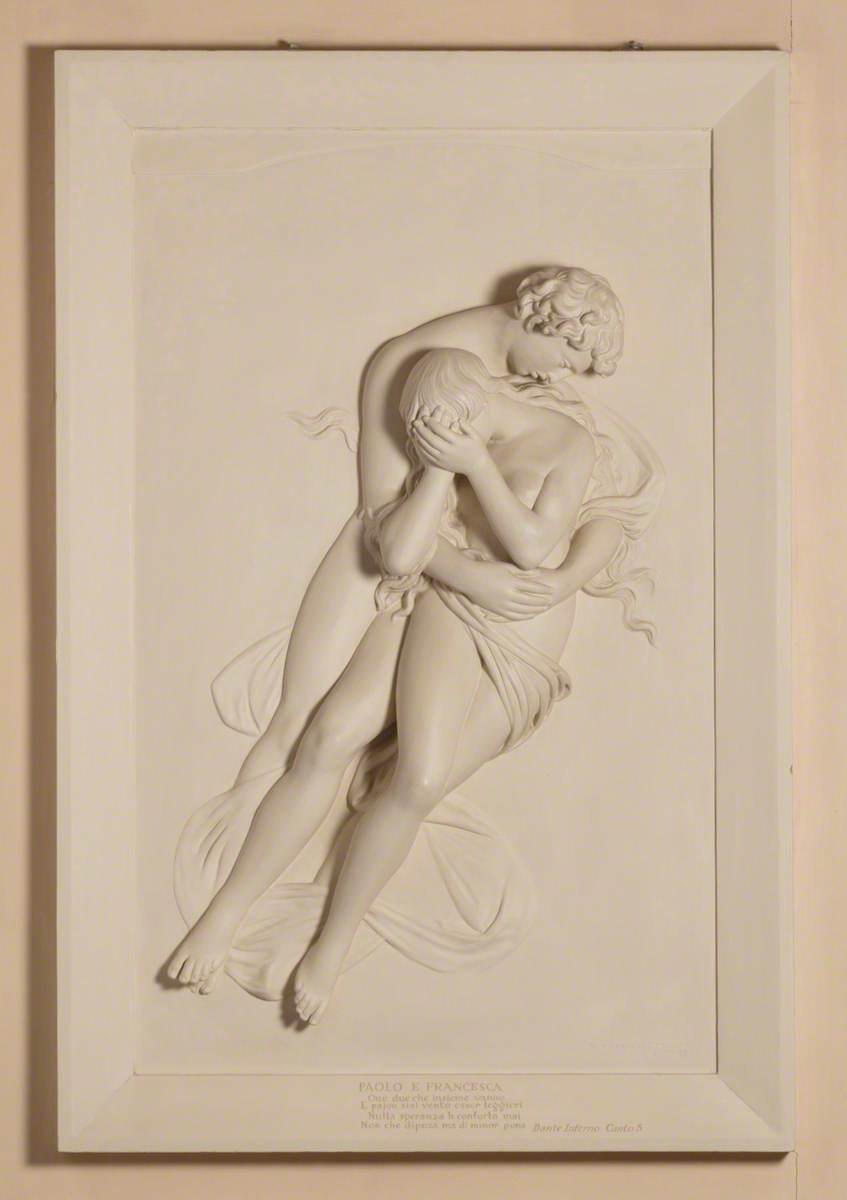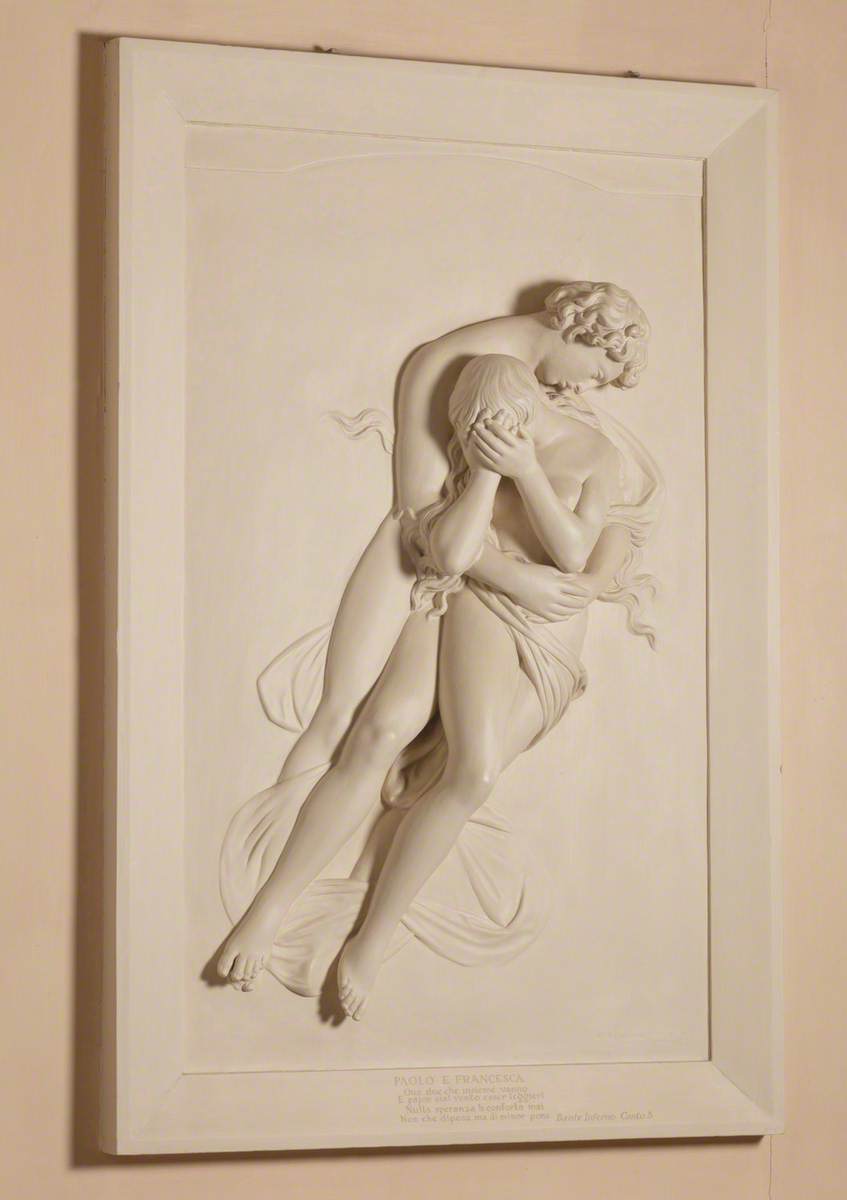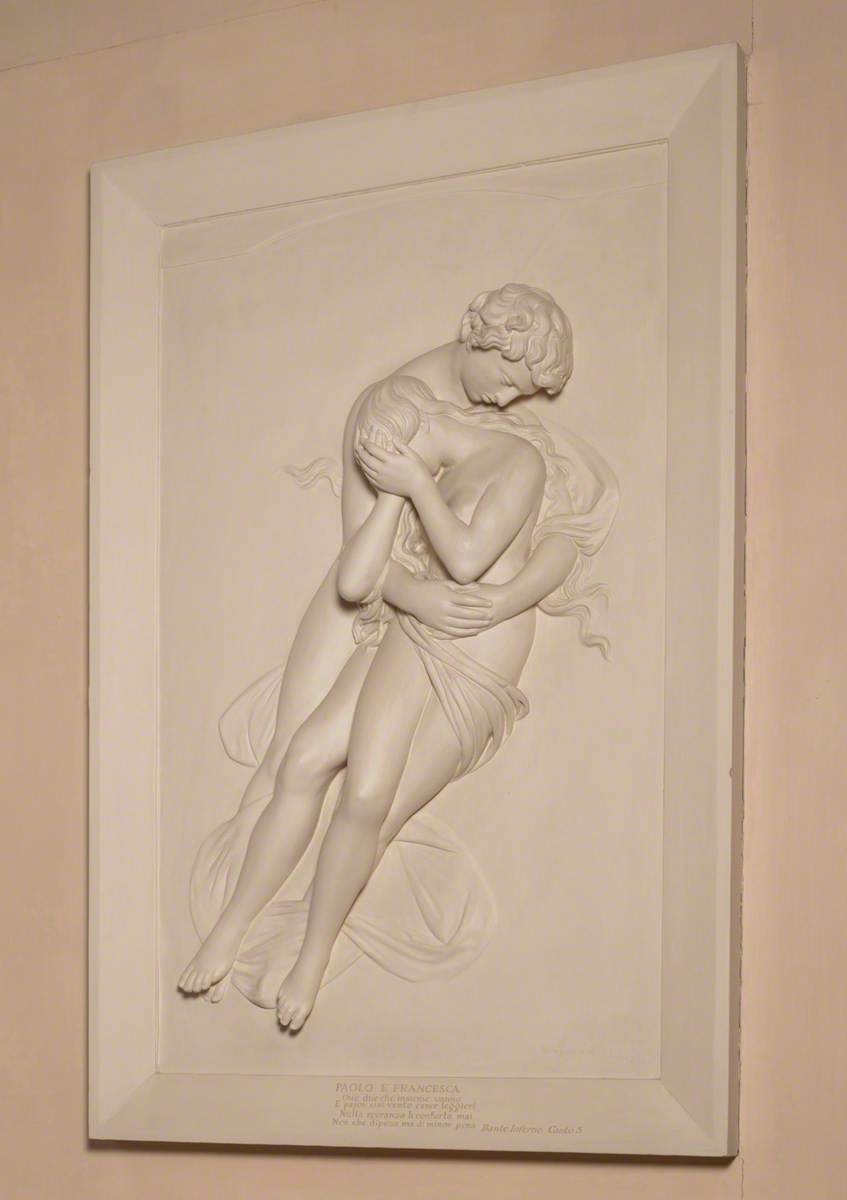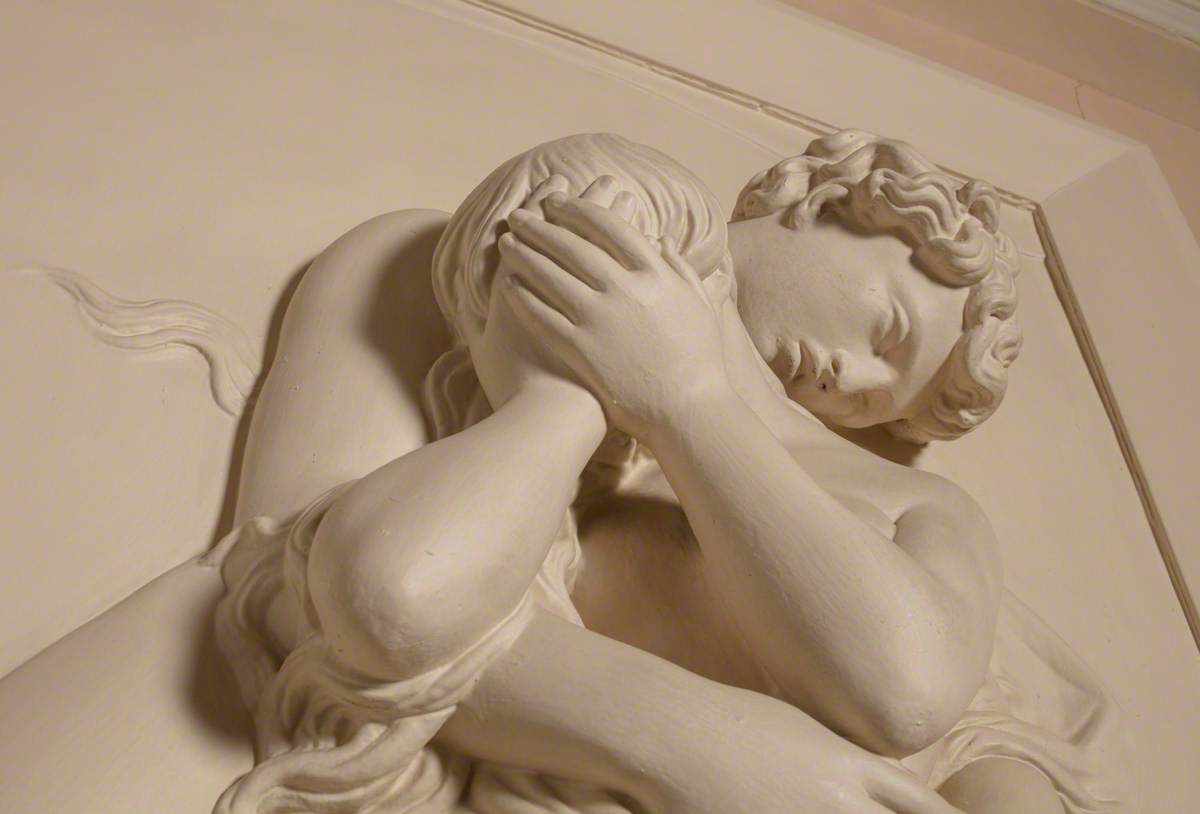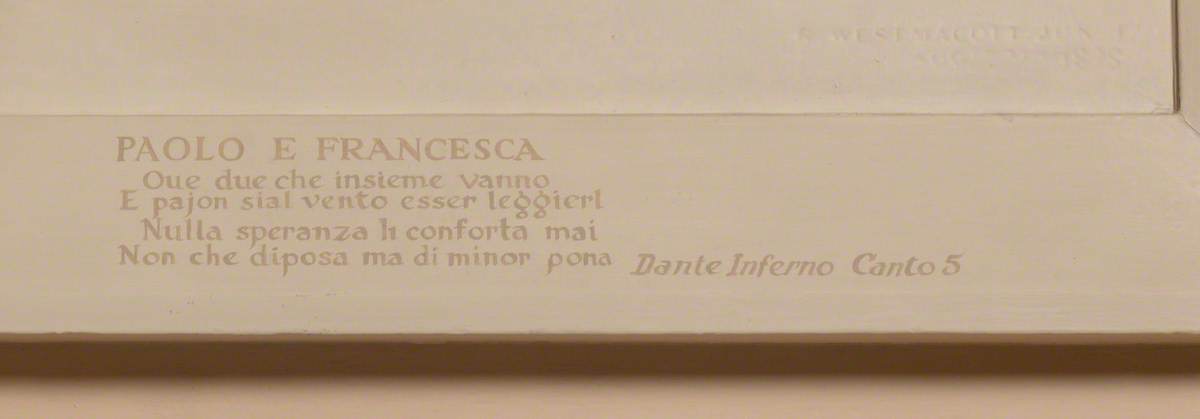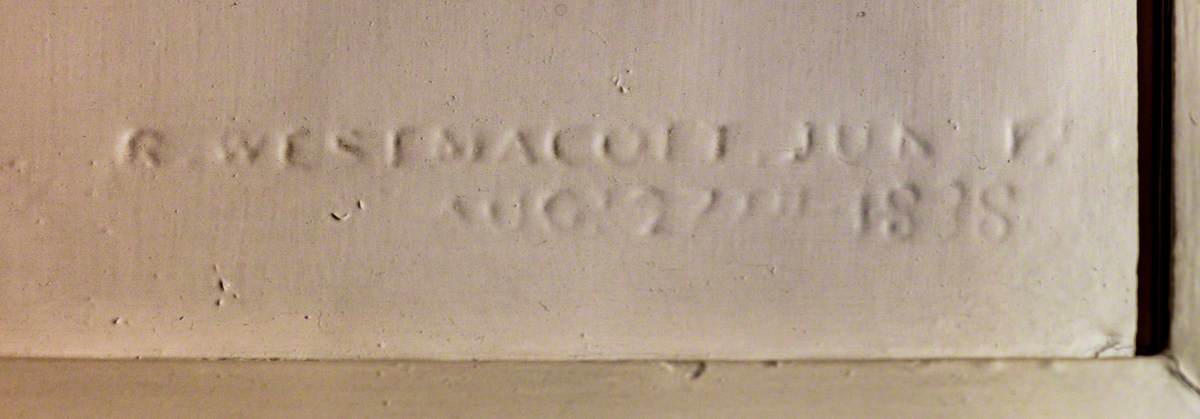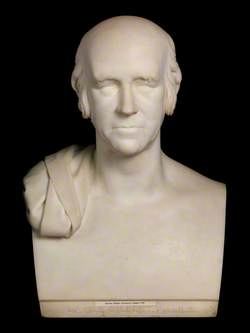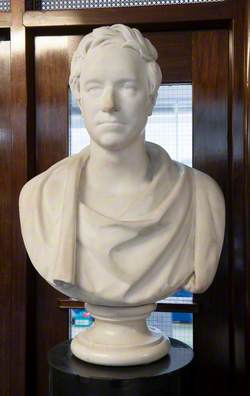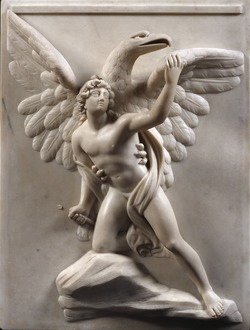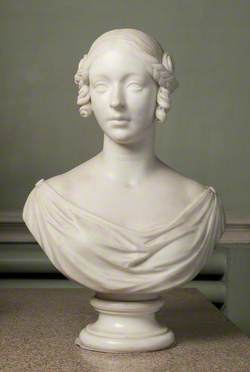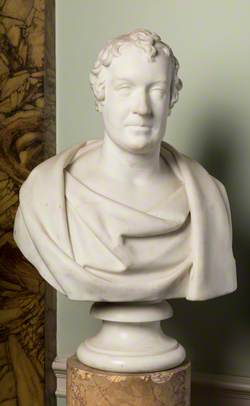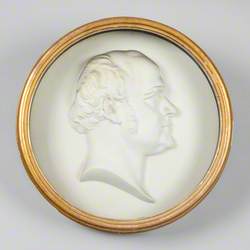How you can use this image
This image can be used for non-commercial research or private study purposes, and other UK exceptions to copyright permitted to users based in the United Kingdom under the Copyright, Designs and Patents Act 1988, as amended and revised. Any other type of use will need to be cleared with the rights holder(s).
Review the copyright credit lines that are located underneath the image, as these indicate who manages the copyright (©) within the artwork, and the photographic rights within the image.
The collection that owns the artwork may have more information on their own website about permitted uses and image licensing options.
Review our guidance pages which explain how you can reuse images, how to credit an image and how to find images in the public domain or with a Creative Commons licence available.
Notes
Add or edit a note on this artwork that only you can see. You can find notes again by going to the ‘Notes’ section of your account.
There was apparently another version of Paolo and Francesca, made for the Marquess of Landsdowne in 1837, reported as being by the artist's father, Sir Richard Westmacott II. The work was exhibited at the Royal Academy in 1838 was said to be marble. This relief shows affinities to the elder Westmacott's figures of Venus and Apollo in the Dream of Horace, 1823 (Petworth, NT 486415).
Title
Paolo and Francesca
Date
1838
Medium
plaster
Measurements
H 122 x W 75 x D (?) cm
Accession number
959561
Work type
Relief
Signature/marks description
bottom right of main panel: R. WESTMACOTT JUN. F. AUGT. 27TH 1838
Inscription description
inscription at the bottom of the plaster frame: 'PAOLO E FRANCESCA / Que duo che insieme vanno / E pajon si al vento esser leggieri / Nulla sperenza li conforta mai / Non che di posa ma di minor pena.' and, below and to the right: 'Dante Inferno Canto 5.' They are two non-consecutive couplets from the Inferno: Canto V:74–75 [those two, who go together / And seem upon the wind to be so light] and Canto V:44–45 [No hope doth comfort them for evermore, / Not of repose, but even of lesser pain] (Longfellow English edition).
